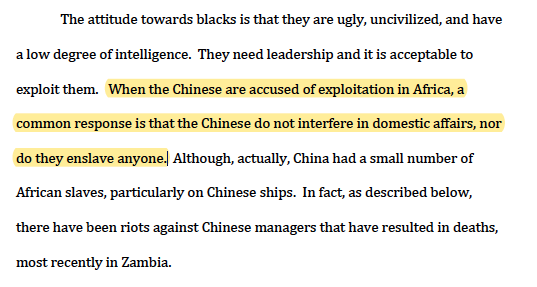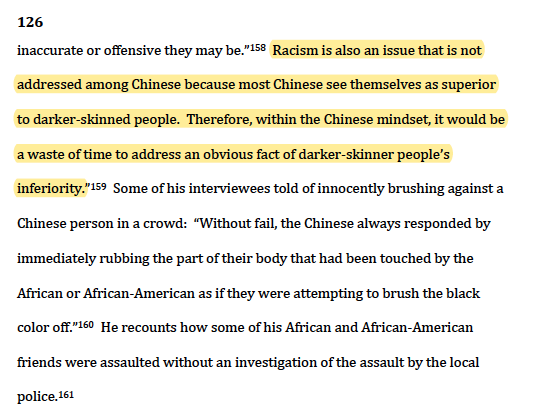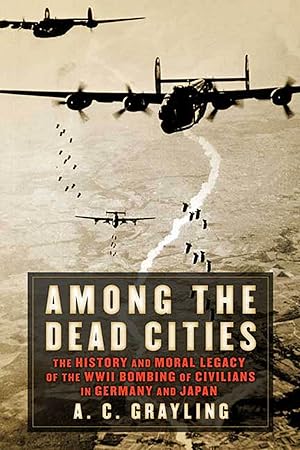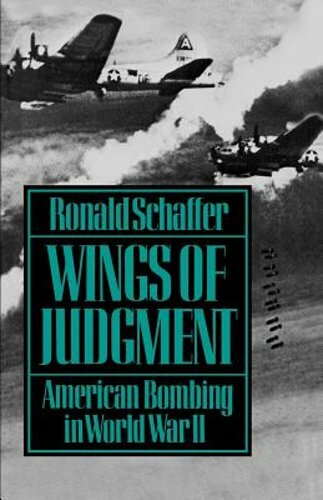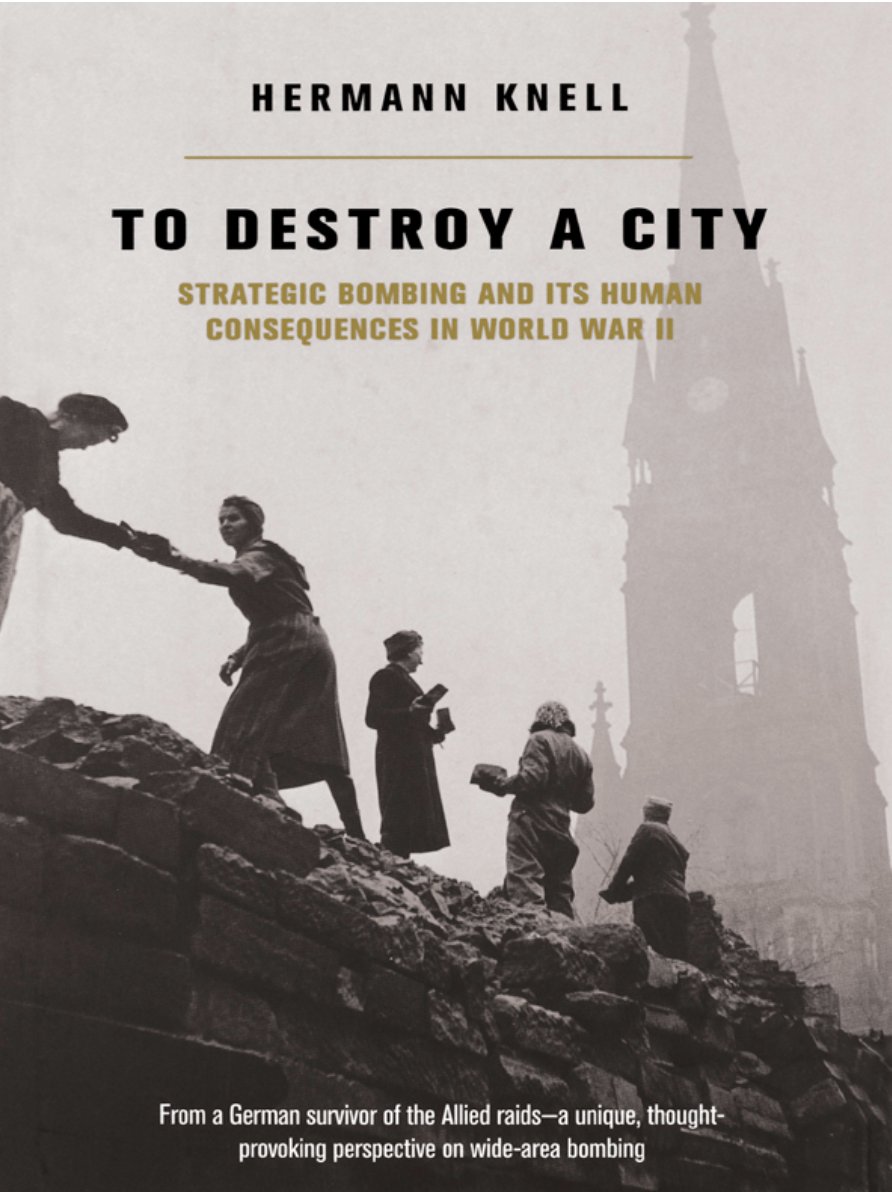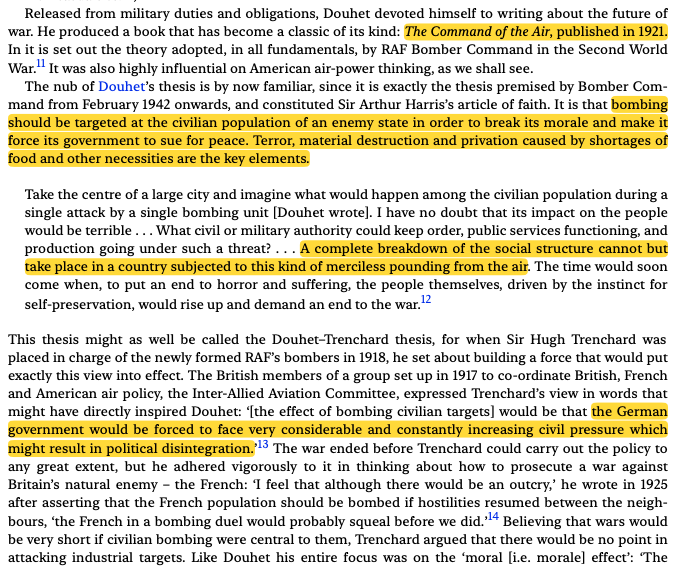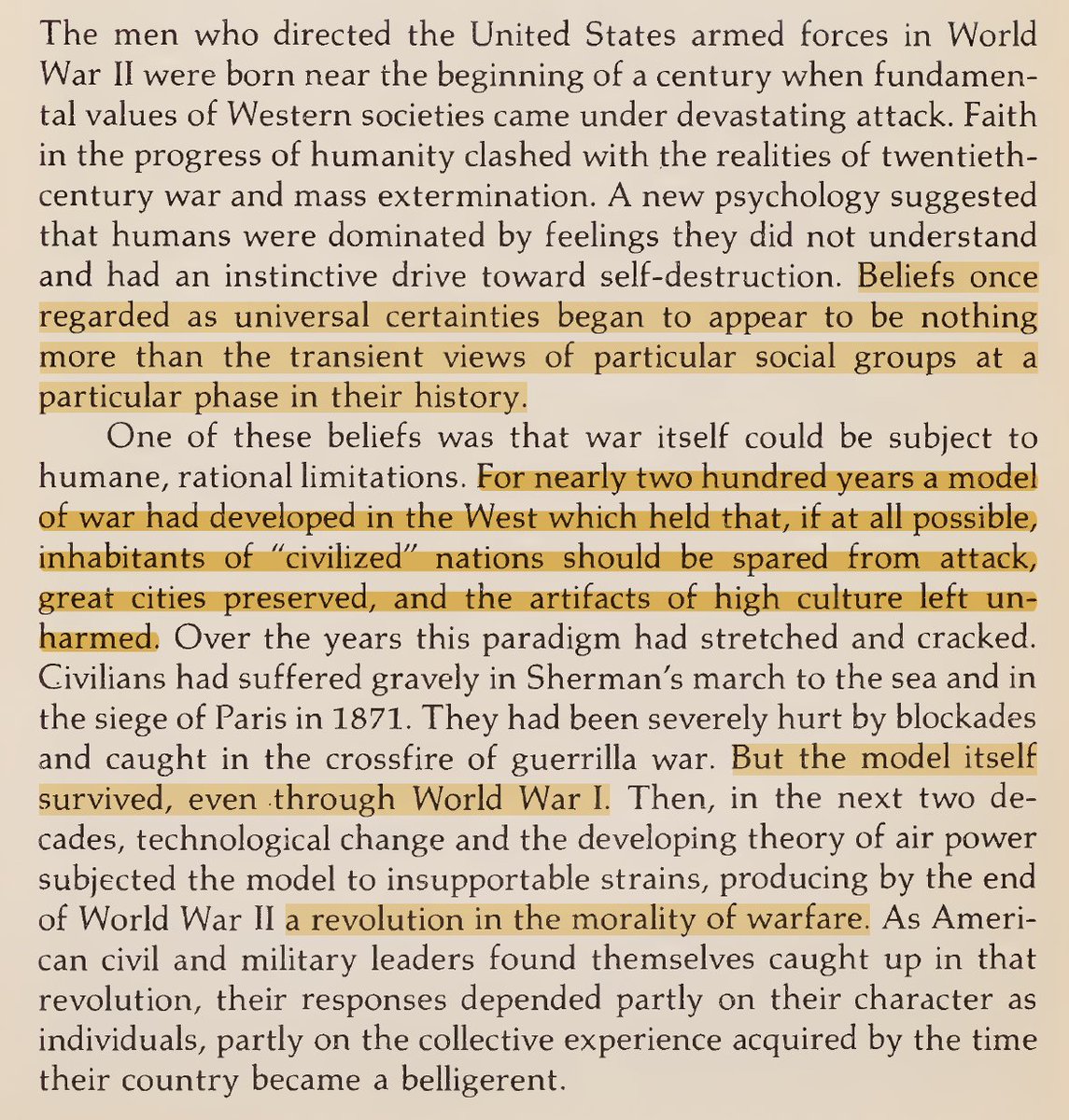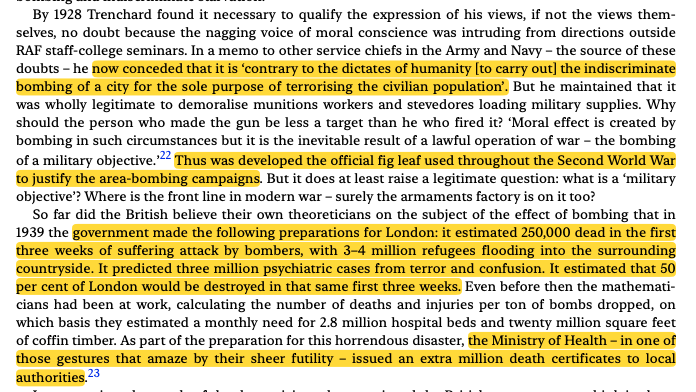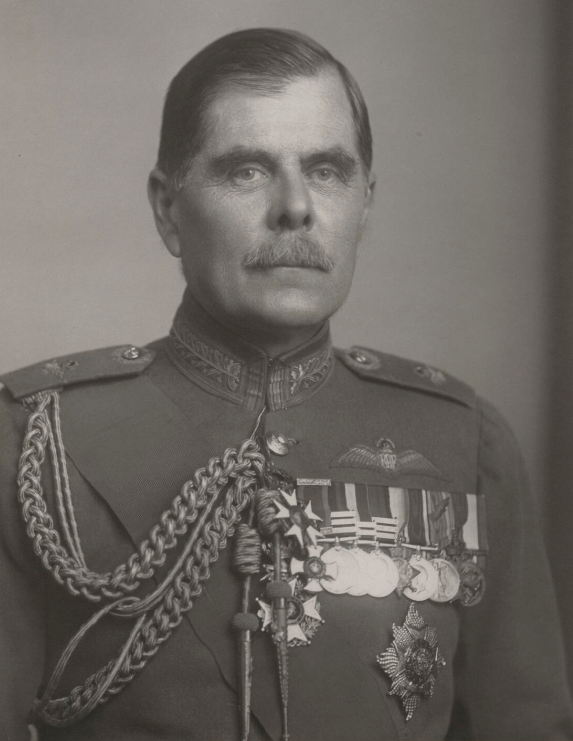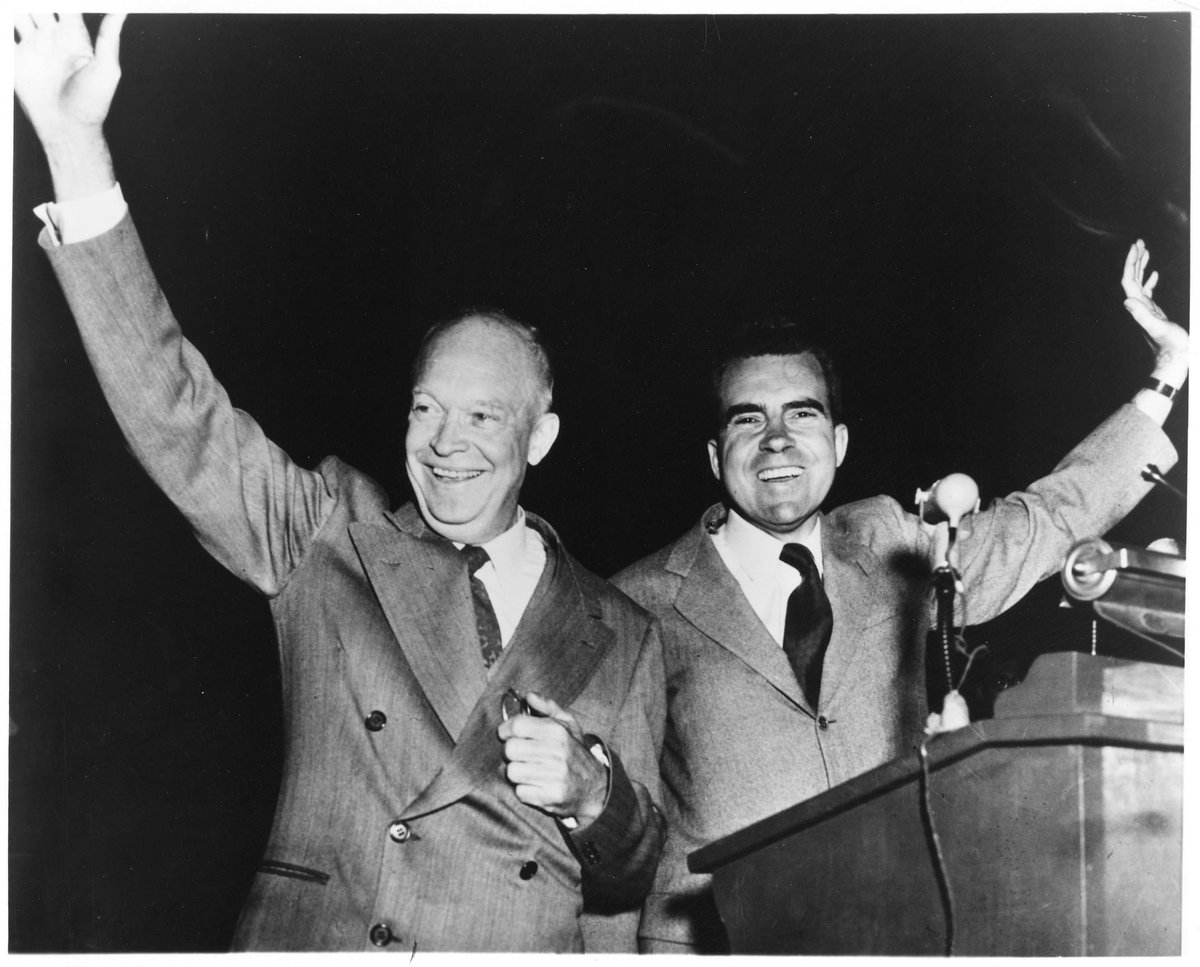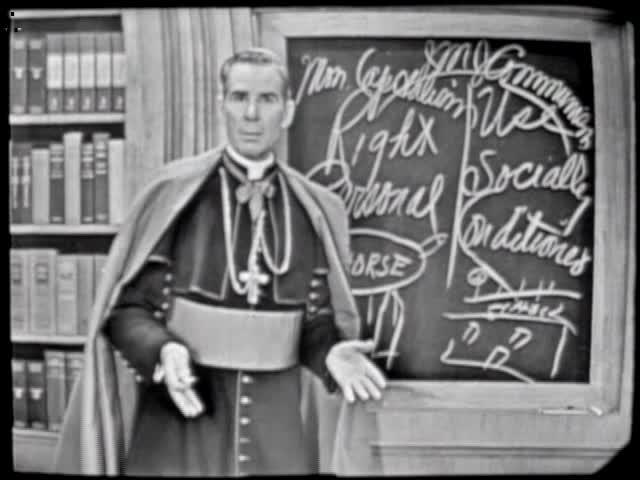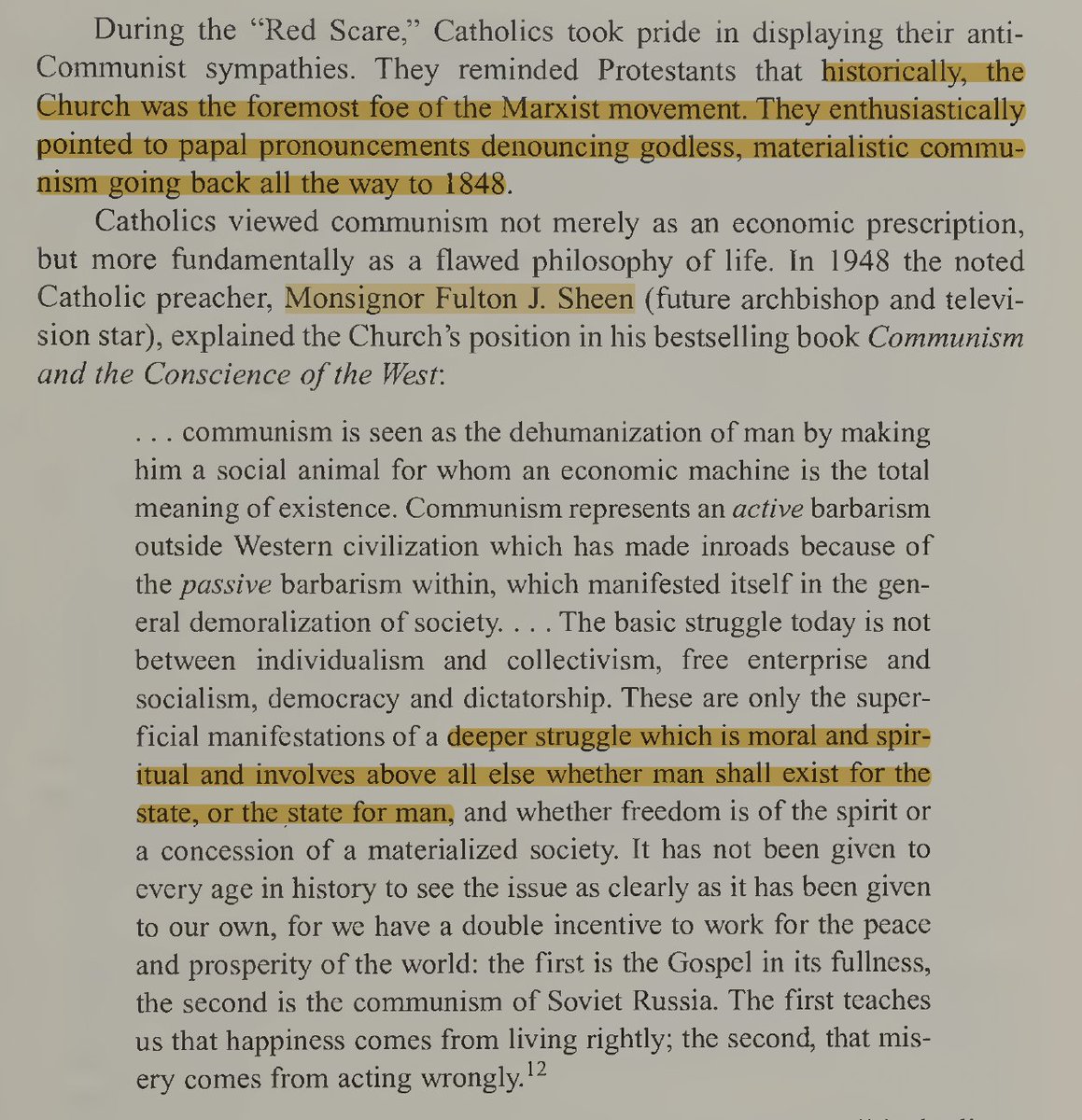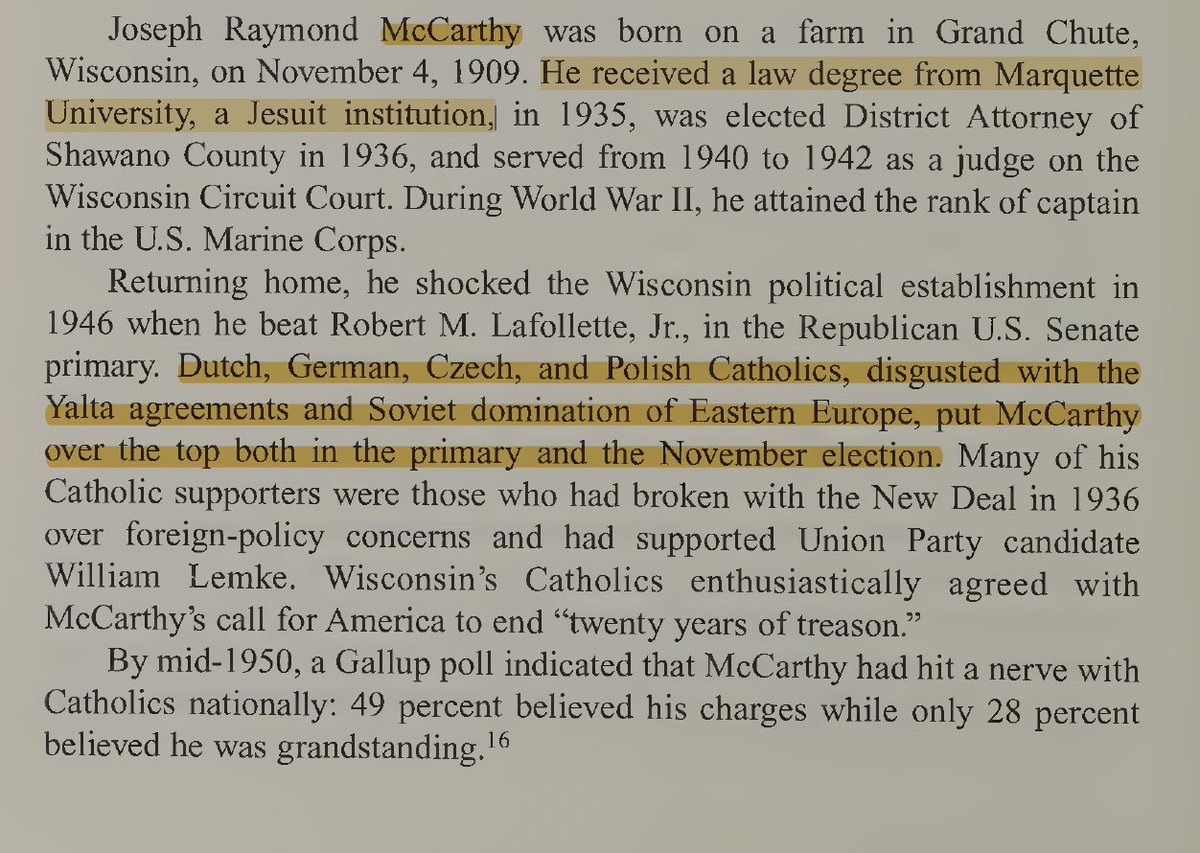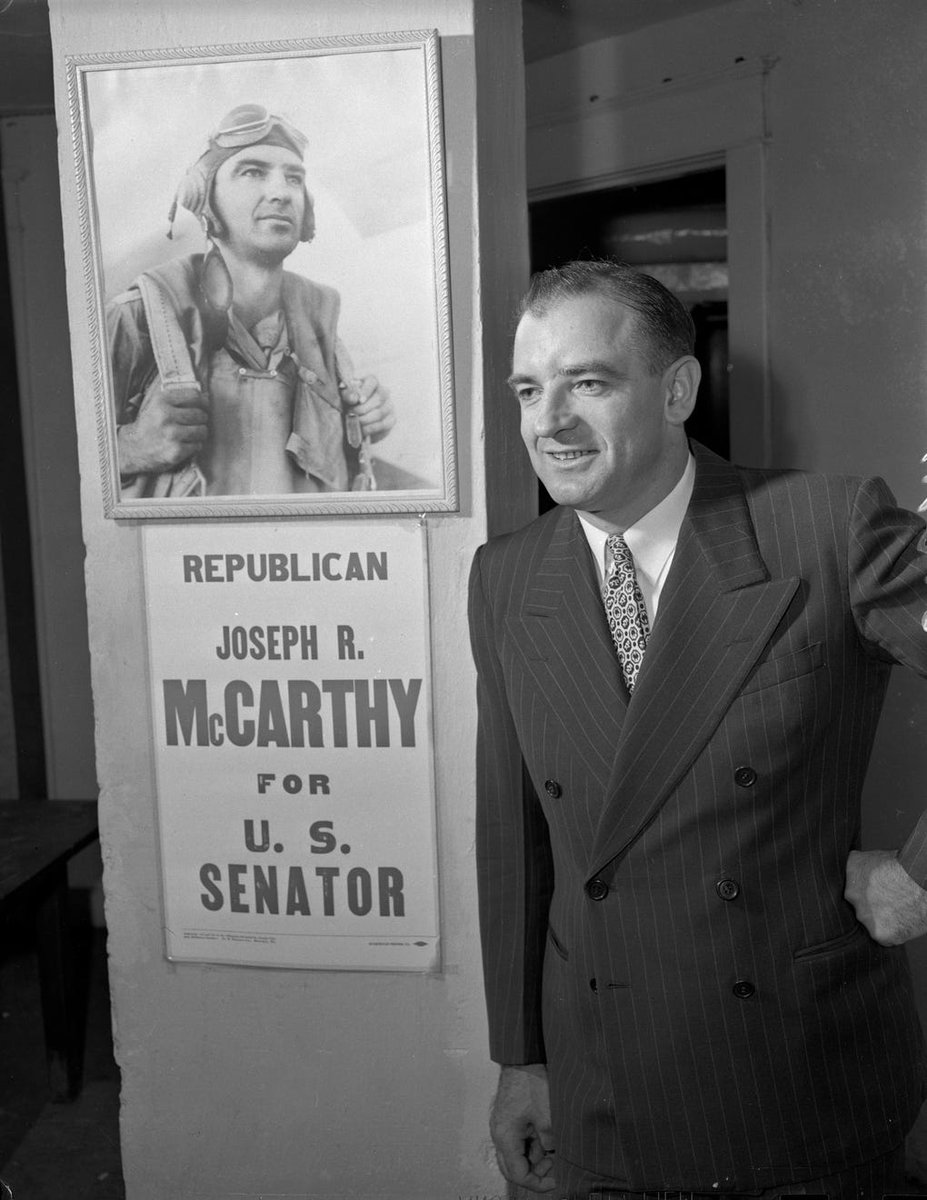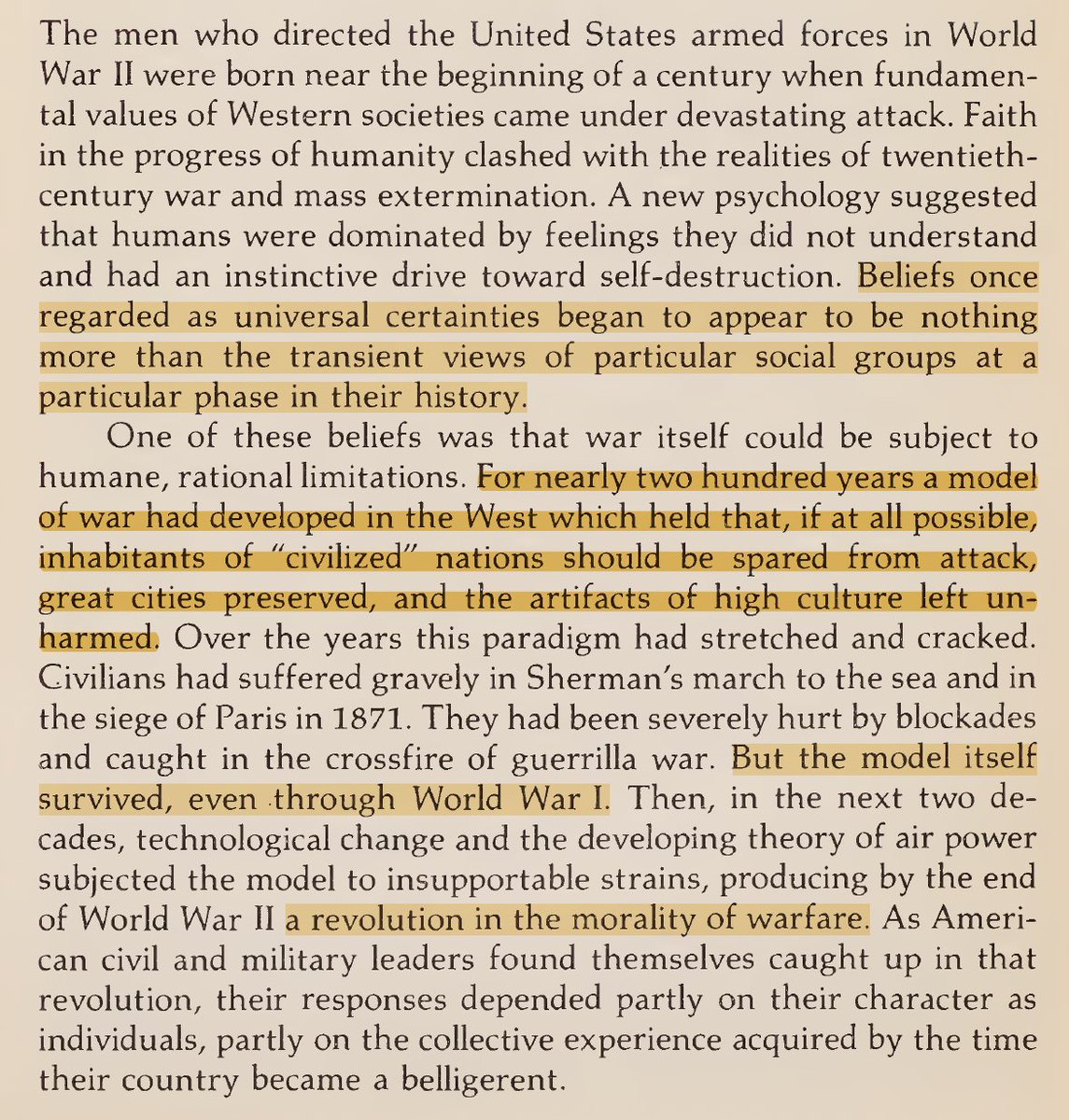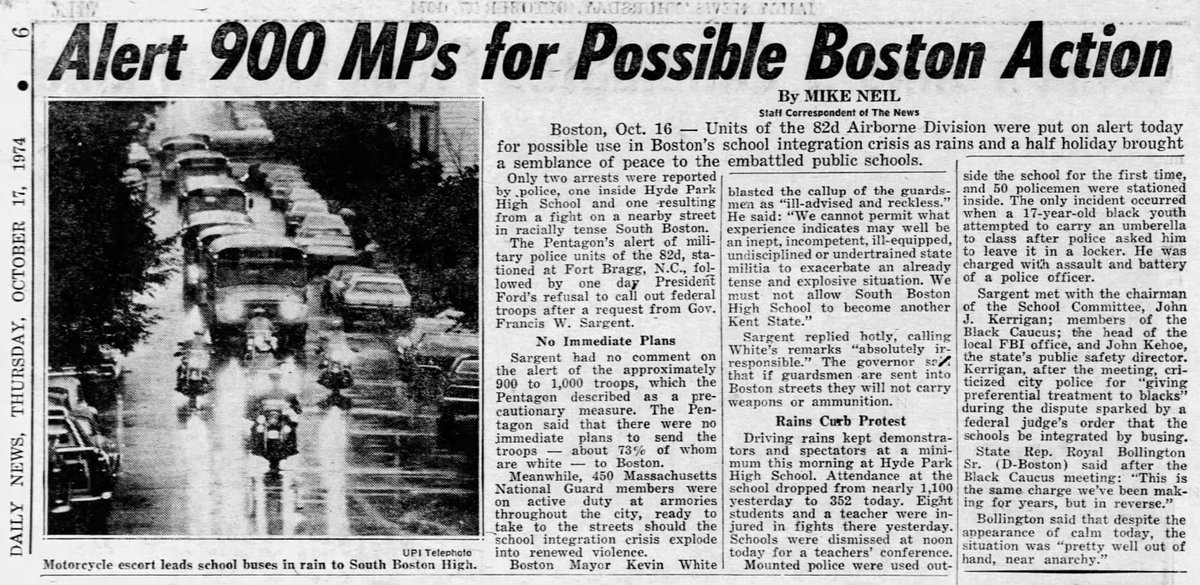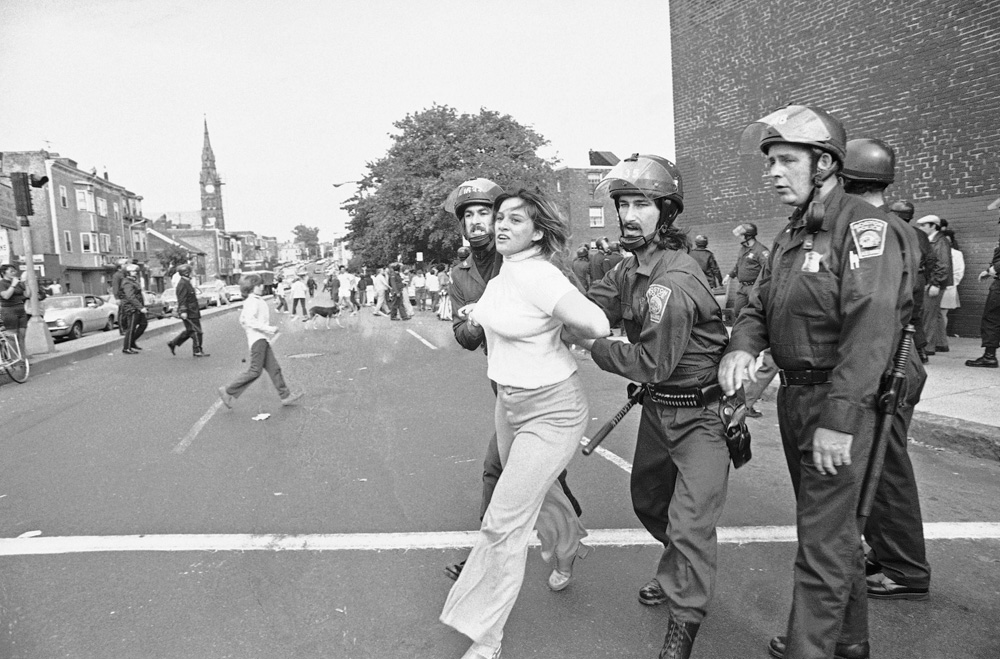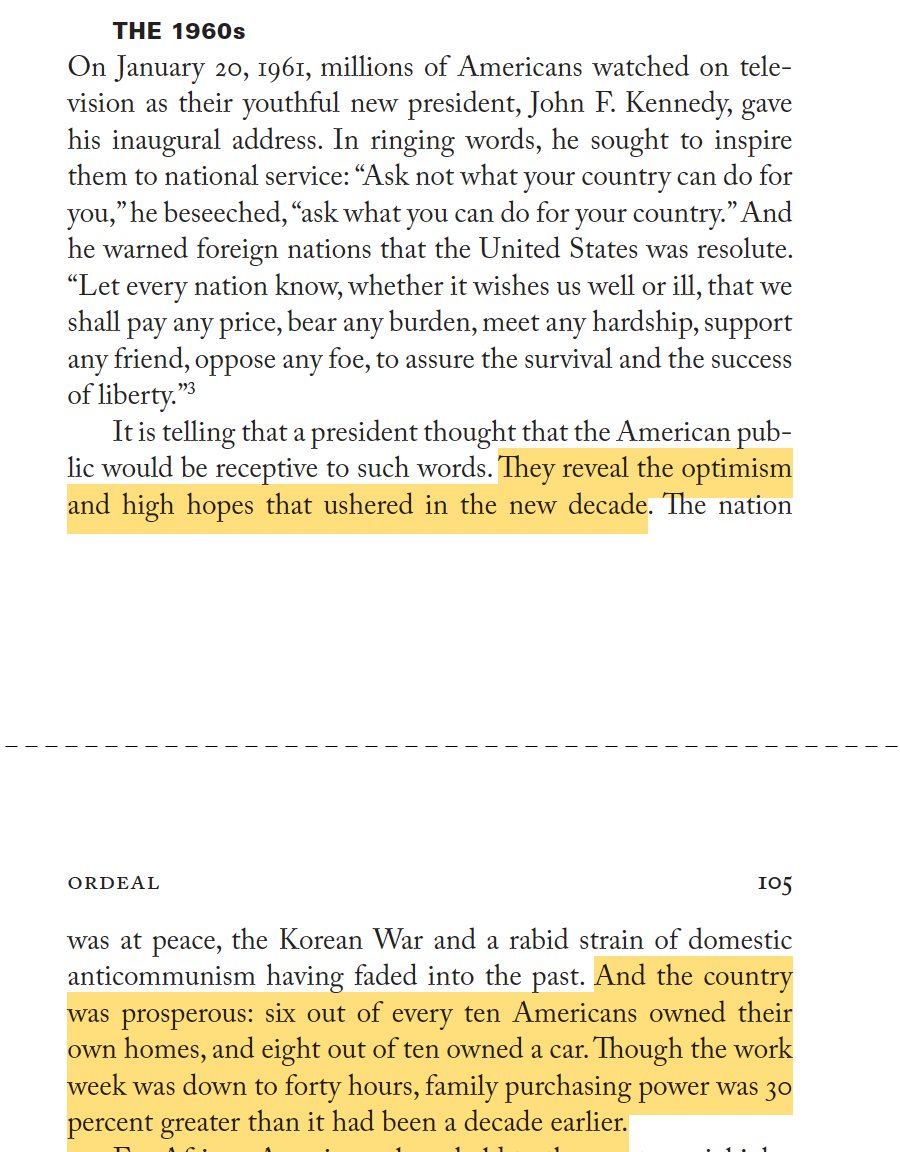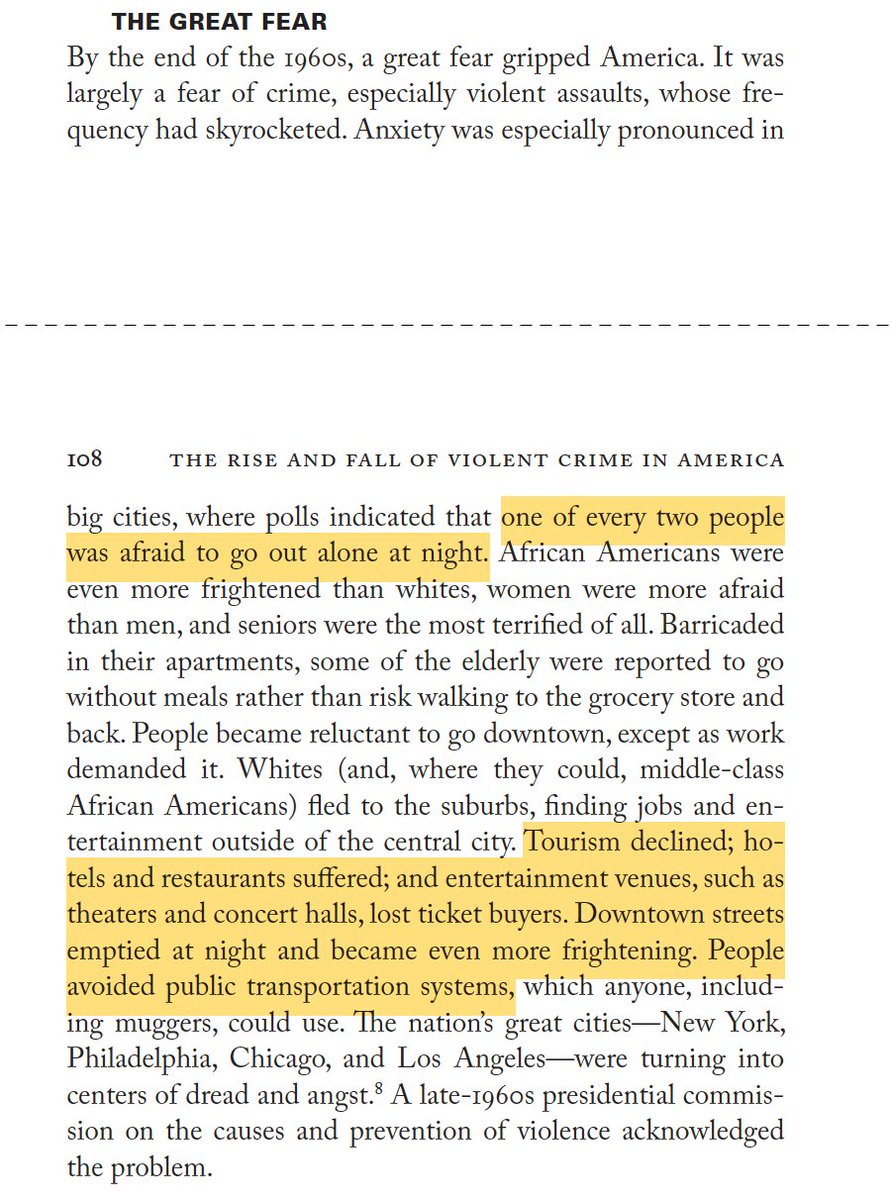This DoD-commissioned report on "Strategic Consequences of Chinese Racism" makes for interesting reading. For example: "The Chinese see multiculturalism as a sickness that has overtaken the United States, and a component of U.S. decline." 

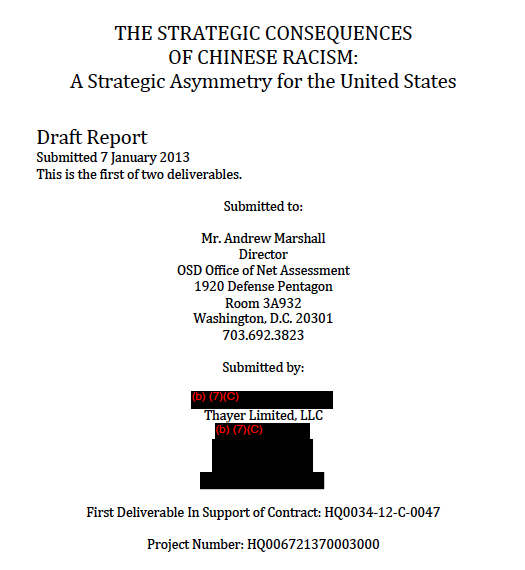
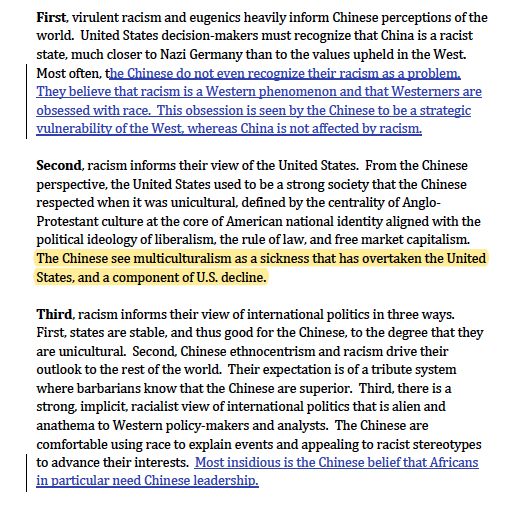
Although the report is almost 10 years old, it calls attention to the "anti-racist" CRT-inspired propaganda that was already so pervasive in U.S. entertainment and education. (The author is praising this effort, in contrast to China). 

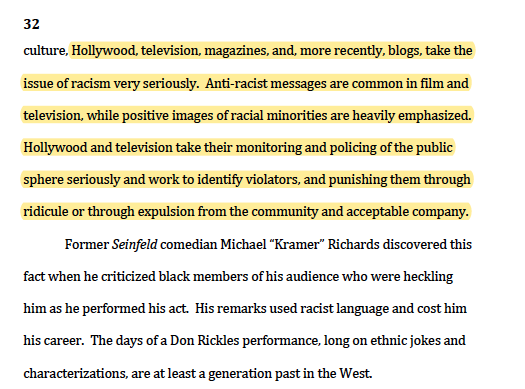
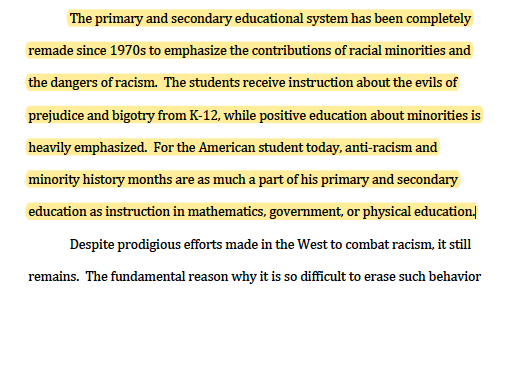
To his credit, the author acknowledges that racism, xenophobia, and ethnocentrism are evolved, and adaptive - rather than something dreamed up by wicked colonizers in 1619. But he laments to failure of China to adopt the western "civil rights" perspective. 

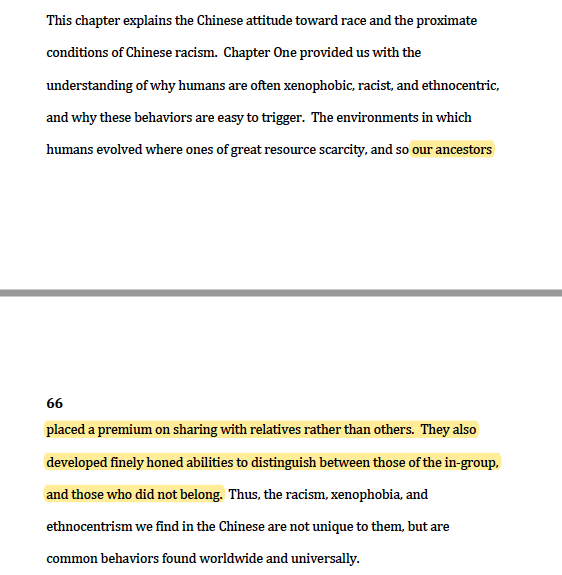
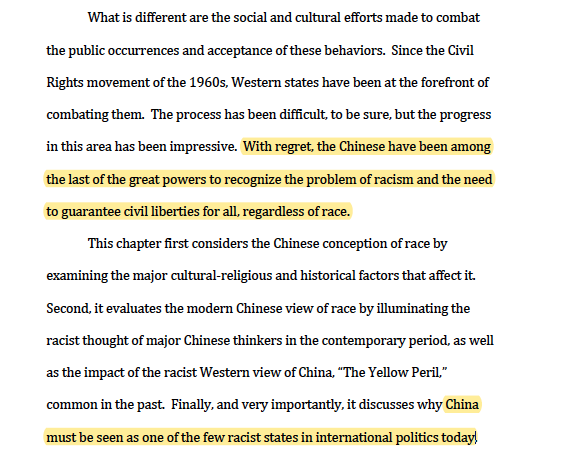
The report traces historic and cultural influences contributing to Chinese ethnocentrism and the concept of race - from ancient times to the 20th century - including Sun Yat-sen who viewed the Chinese as "a single, pure race" and stated that "the greatest force is common blood." 

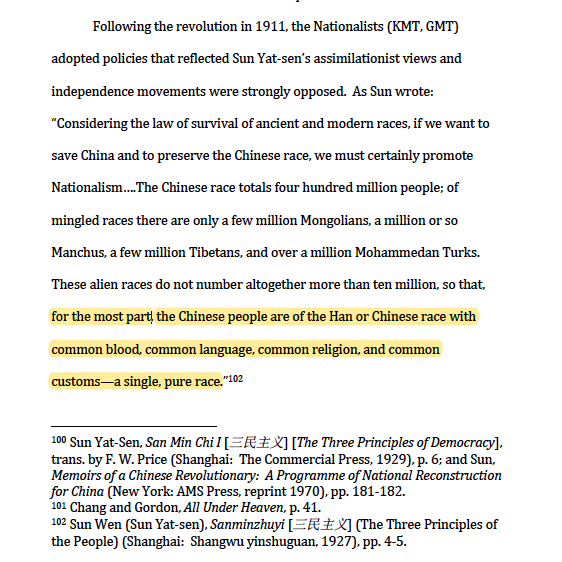
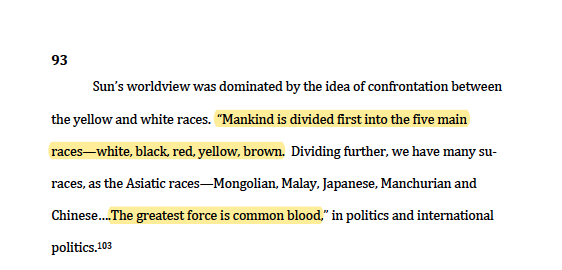
Under Mao, the communists pushed the now-familiar anti-white view that only westerners could be "racists" and that even the Russian communists were suspect due to their "whiteness." But tensions with Africans undermined calls for non-white solidarity. 

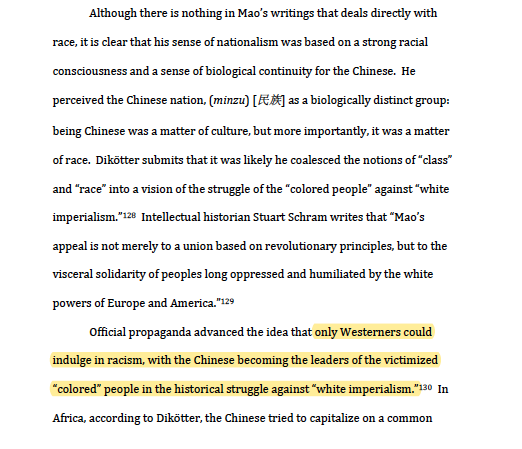
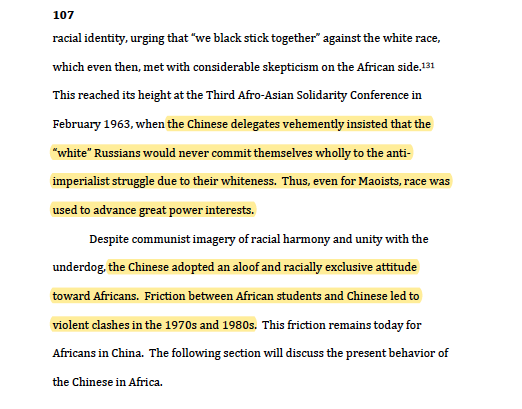
In contrast to western countries, China maintains a strong sense or racial identity and pride. Unlike westerners, the Chinese can see themselves as part of an extended family, descended from common ancestors. 

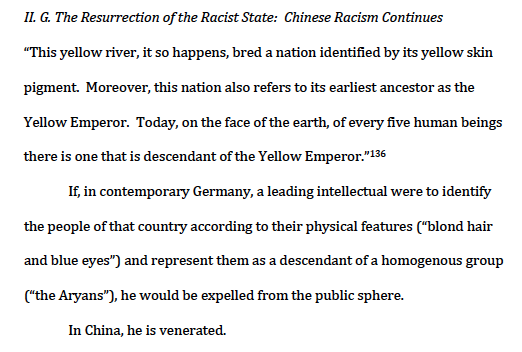
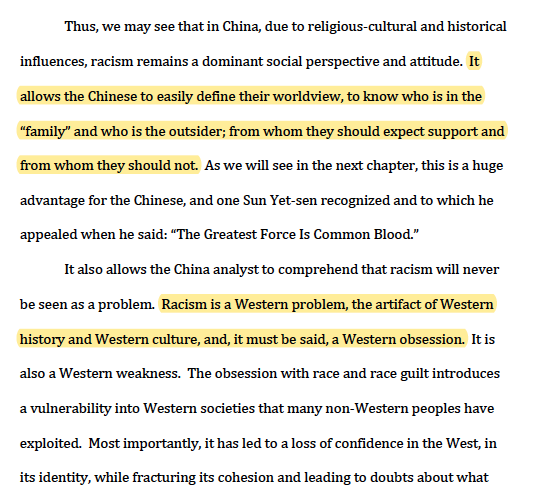
The report asserts that racial stereotypes are common in China - including negative views of other Asians - views likely to horrify any western liberal. 

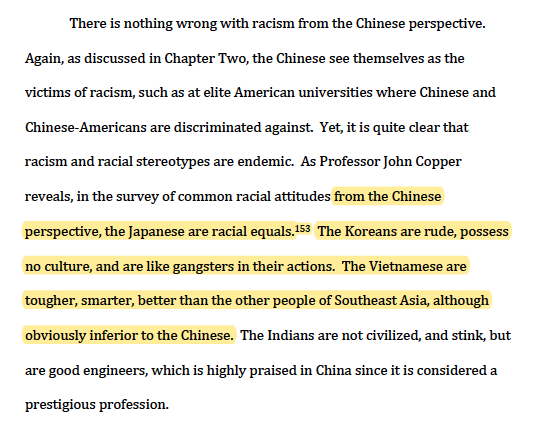
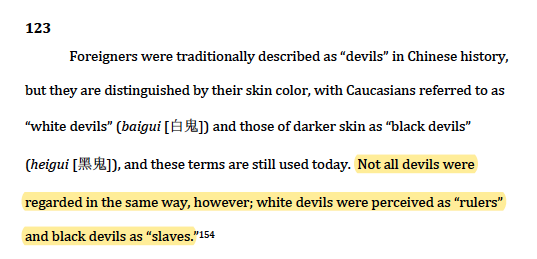
While white male Americans are persona-non-grata at home, they may be encouraged to know that Chinese women have a different perspective. 
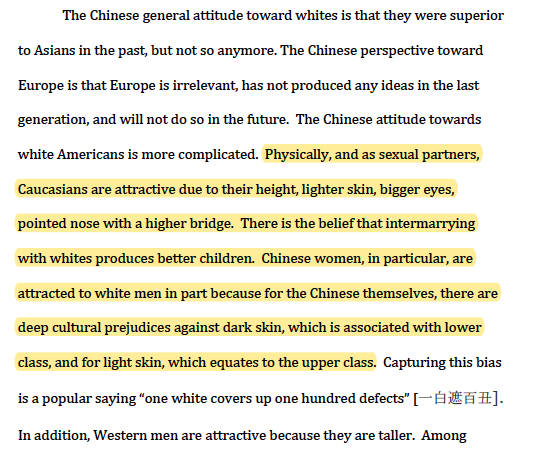
The Chinese are perplexed by America's pivot to "multiculturalism" - "the United States is explicitly rejecting the principles that made the country great, and united it."
"... all of this conspires to cause the breakdown of American society and the lack of purpose in life ..."

"... all of this conspires to cause the breakdown of American society and the lack of purpose in life ..."
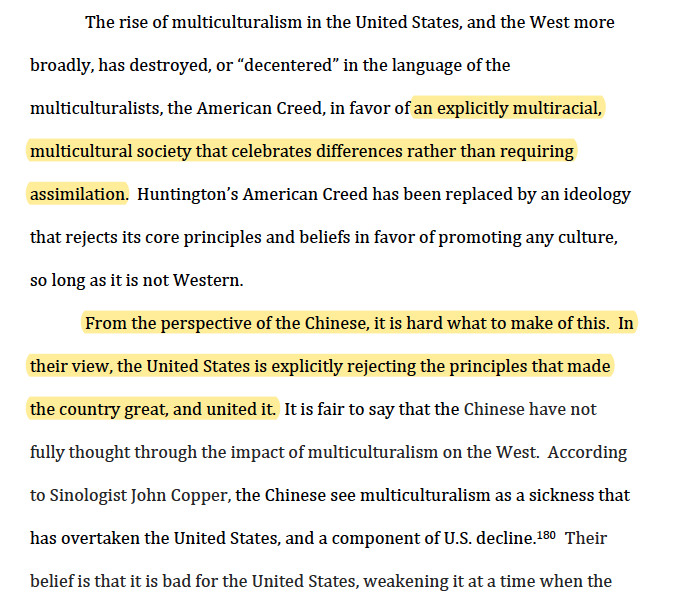
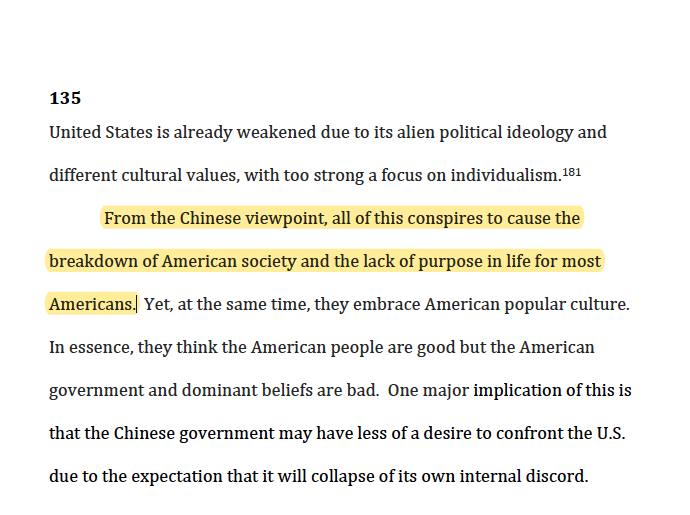
The report speculated that racism would hurt China's reputation in the Third World (My comment: this does not seem to have had much of an impact). The report notes that "There were major riots by African students at Chinese universities in 1962, 1979, 1980, 1986, 1988, and 1989." 

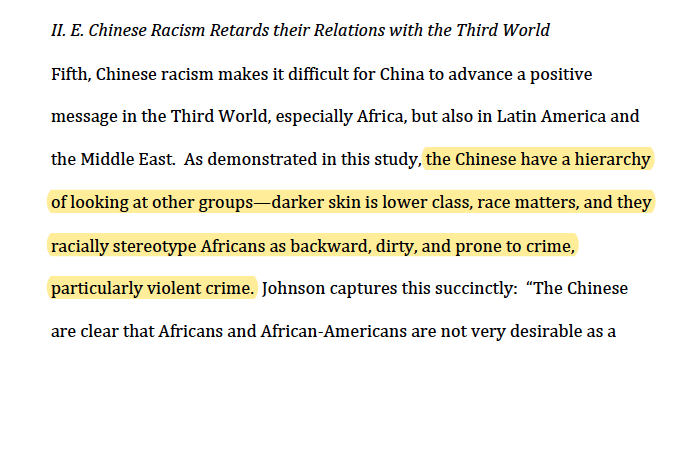
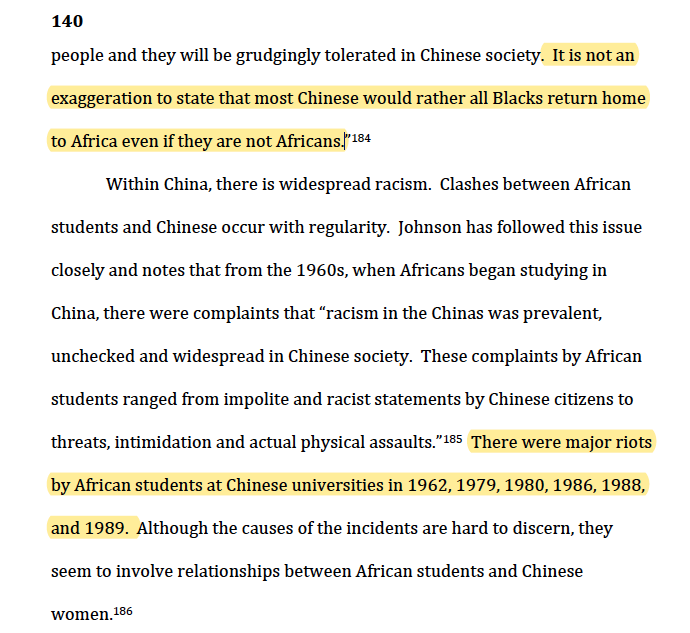
Worldwide, Chinese clannishness and networking is thought to promote their success. But this generates resentment. Shame on you if this brings to mind any parallels. 

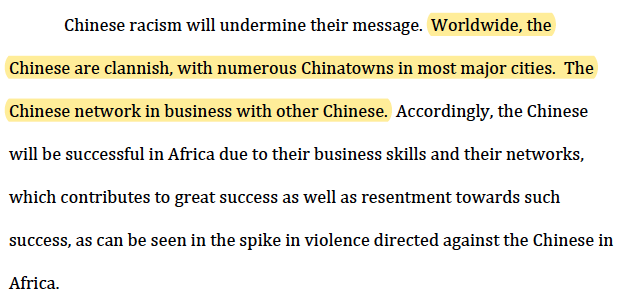
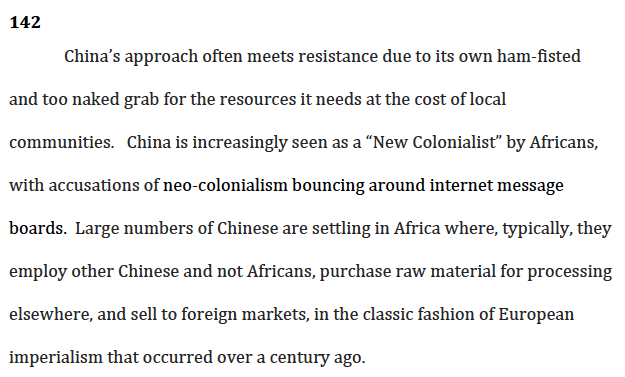
Reluctantly, the report acknowledges important strategic advantages of Chinese "racism:" The Chinese have a sense of unity, idently, community, and confidence. 



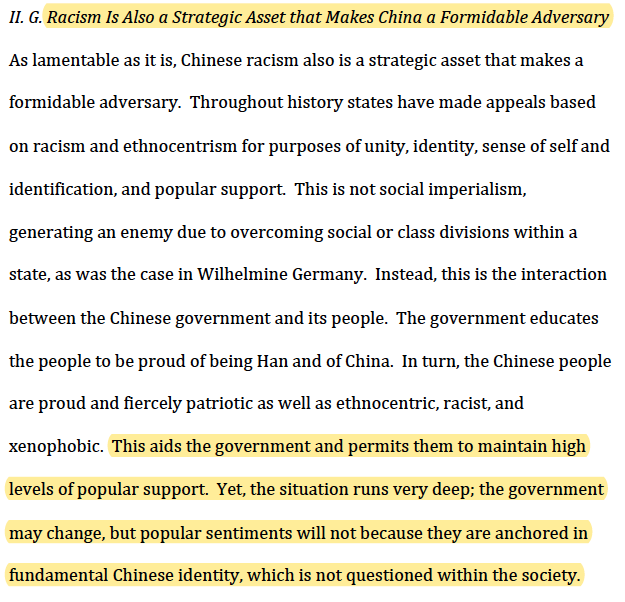
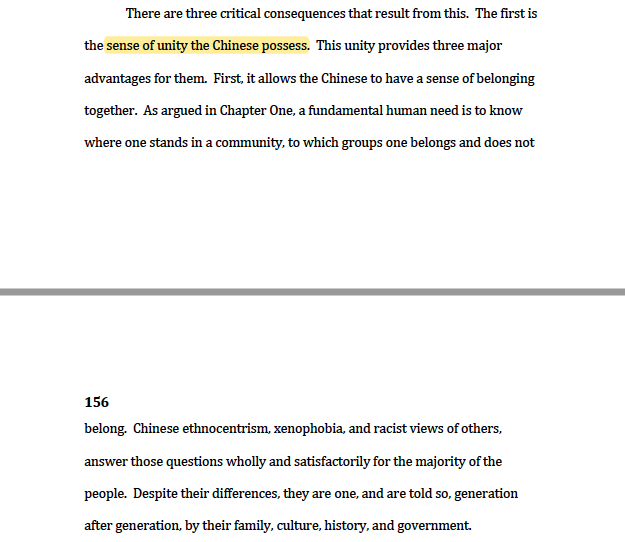

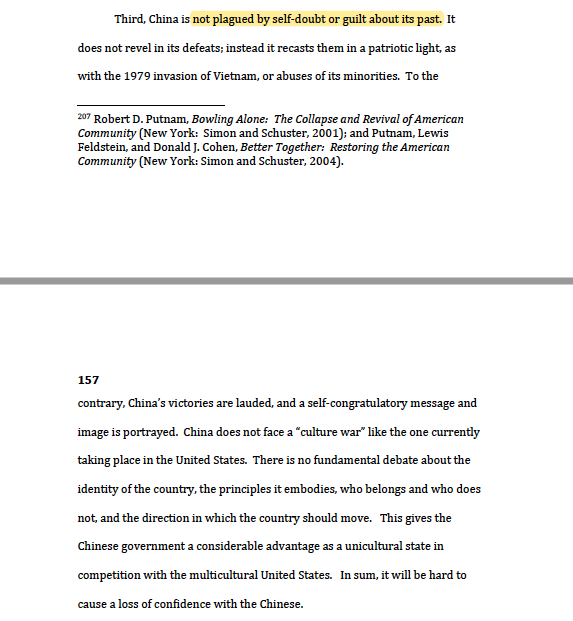
The report also looks at ethnic tensions in Xinjiang. In brief, Uighurs feel overwhelmed by Han migration. The Han view the Uighurs as backward, and ungrateful for the economic development. (Comment: Another example of how economic growth does *not* ease demographic strife). 

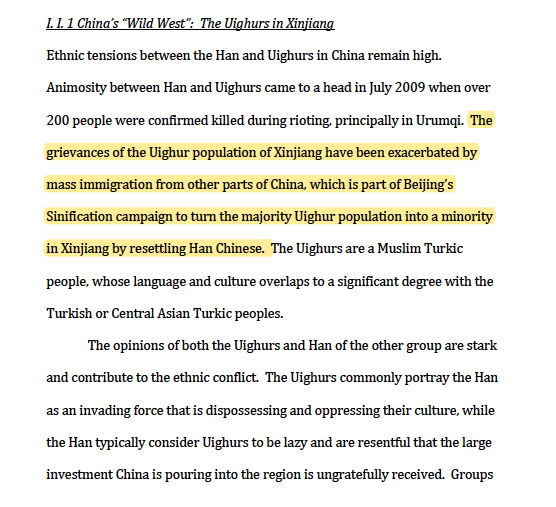
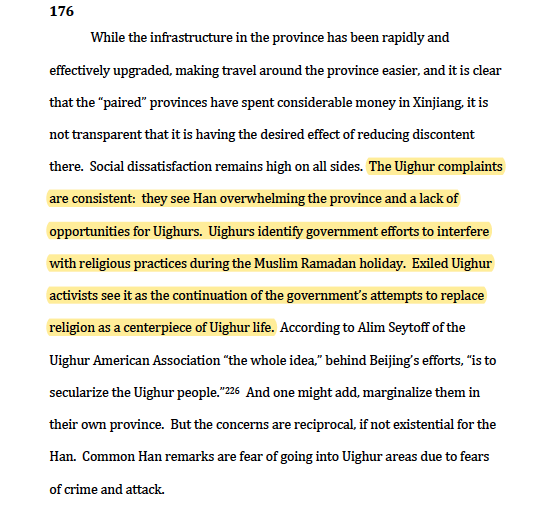
Covering the unrest in Tibet, the report mentions that the Chinese are experts at "using their educational system to indoctrinate the population, even among minority peoples and dissidents." Let's hope that never happens here! 
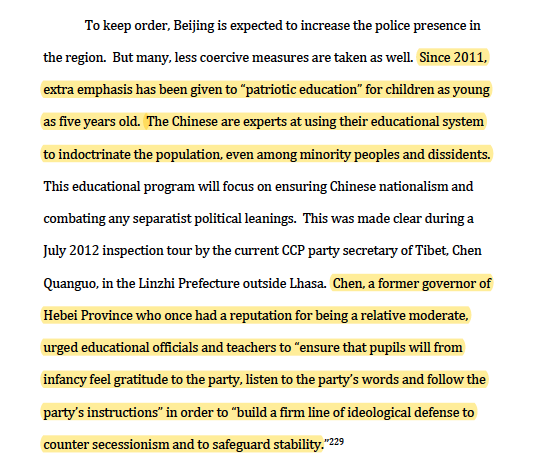
The 2013 report argued that the U.S. had a significant "soft power" advantage in that "it is not a racist state."
Unfortunately, the U.S. ruling class spent most of 2020 - 2021 proclaiming that the U.S. definitely *is* a racist state - so this advantage may have been lost.
Unfortunately, the U.S. ruling class spent most of 2020 - 2021 proclaiming that the U.S. definitely *is* a racist state - so this advantage may have been lost.

Report's recommendation:
> "Hey world - look how racist China is"
Actual U.S. policy:
> "Hey world - look how racist *America* is!"

> "Hey world - look how racist China is"
Actual U.S. policy:
> "Hey world - look how racist *America* is!"


• • •
Missing some Tweet in this thread? You can try to
force a refresh

